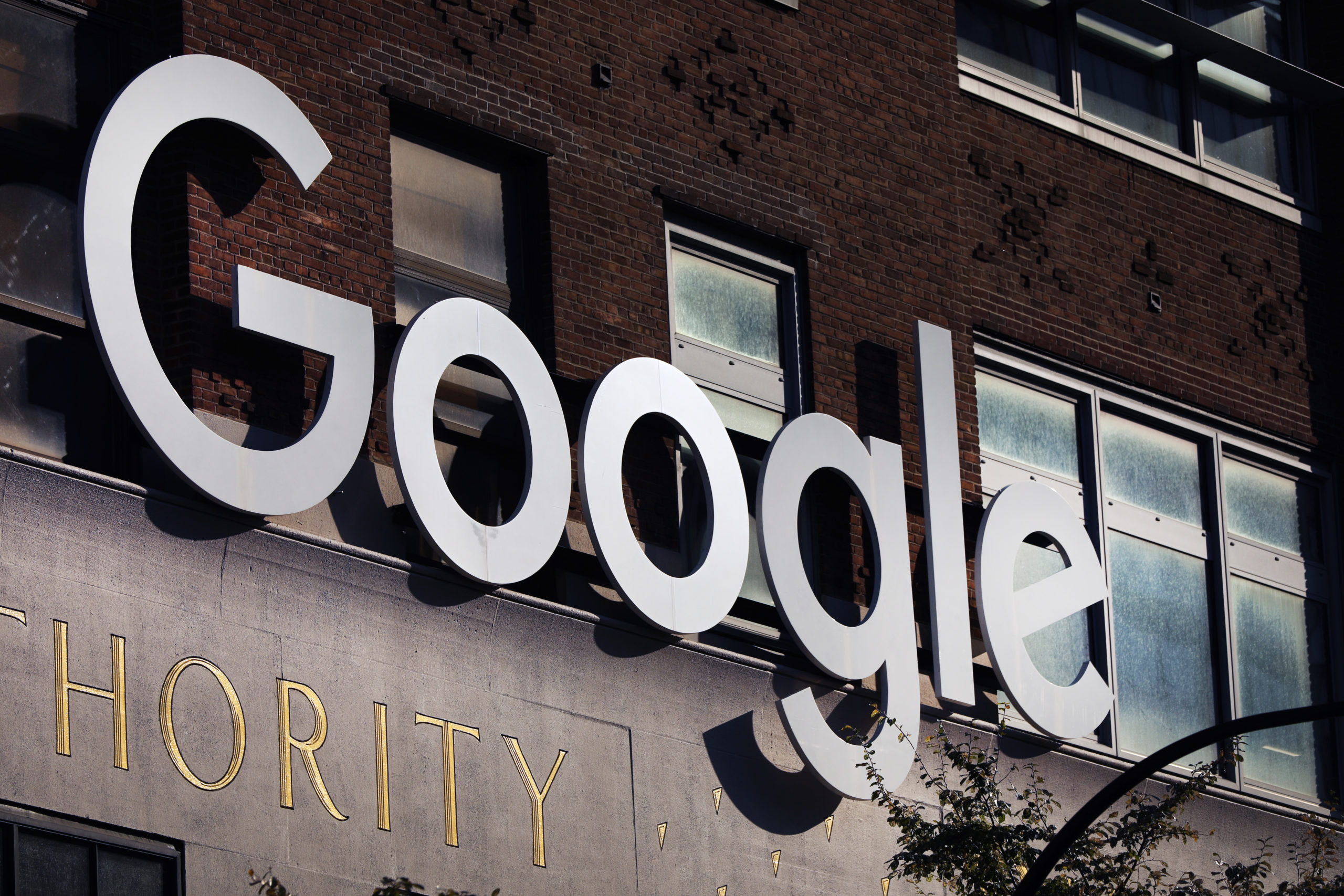The Justice Department’s suit against Google marks the first time in more than 20 years that the government is looking at splitting up a company for quashing competition. And if the judge decides that Google is an illegal monopoly, the case could be the first time in more than 100 years that a court actually orders a company breakup.
But there’s a reason why the government hasn’t forced a company to break up since 1911: Antitrust cases require judges to make complicated predictions about the future and they’re often afraid of making things worse.
“Historically courts have seen [breakups] as intimidating,” said William Kovacic, who served as Federal Trade Commission chairman under President George W. Bush. “They are being asked to perform surgery and they want confidence the surgery is not going to kill the patient. They want assurances that a break-up will make things better and not worse.”
DOJ’s complaint does not say exactly what fixes the administration will pursue, but it mentions “structural relief” — a remedy that could include separating business lines or selling off parts of its operations. If Google has to put parts of its business on the market, that would be the nation’s biggest breakup of a corporate giant on antitrust grounds since AT&T was dismembered in the 1980s as part of a negotiated settlement.
“Everybody from legislators to the antitrust leaders on both sides of the political spectrum have tended to view break ups as a radical remedy,” Rory Van Loo, an antitrust law professor at Boston. “The idea of the government coming in and breaking up a company is seen as some extreme violation of autonomy.”
Van Loo and other antitrust experts, though, said splitting up companies isn’t as radical as some suggest. Both the Justice Department and the Federal Trade Commission frequently require companies to sell off pieces before approving mergers.
In 2017, for example, the U.S. and European antitrust authorities required Dow and DuPont, two of the world’s largest agriculture and chemical giants, to sell off more than $100 million in assets. The pair are in the process of splitting into three firms that will focus on agriculture, plastics and specialty products.
“The agencies have had a huge amount of experience with divestitures in merger cases,” said Kovacic, now a professor of antitrust law at George Washington University and a director of the U.K.’s Competition and Markets Authority. Breakups “should not be seen as a dangerous or intimidating remedy.”
Still antitrust cases where a company accused of anti-competitive conduct is split up tend to be rare. In 1911, the Supreme Court ordered John D. Rockefeller’s Standard Oil broken up into 34 pieces. Chevron, ExxonMobil, BP and Marathon Petroleum can all trace their corporate history back to that breakup.
The other major U.S. antitrust case that led to a split involved Bell Telephone, which reached an agreement with the Justice Department in 1982 to divide into seven regional firms, often referred to as the “Baby Bells.” Today’s AT&T, Verizon and CenturyLink are descendants of those companies. AT&T agreed to the breakup in exchange for the DOJ lifting restrictions imposed during earlier antitrust battles that prevented the telecom company from expanding outside the telephone industry, including into computers.
The Justice Department originally sought to split up Microsoft as part of the antitrust suit in the 1990s, and a trial court agreed, ordering the company split into “Baby Bills” focused on the Windows operating systems, software applications and internet and e-commerce. That decision was overturned on appeal, and Microsoft eventually agreed to a settlement that imposed conditions on the company without any requiring any parts be sold off.
Michelle Meagher, senior policy fellow at the University College London and co-founder of the Inclusive Competition Forum, said regulators and courts should push back on the idea that there exists a “divine right to operate a company.”
“We should really question whether any company has a right to exist in its current form,” said Meagher, whose recent book explores how to use antitrust andRead More – Source
[contf] [contfnew] 
politico
[contfnewc] [contfnewc]























































